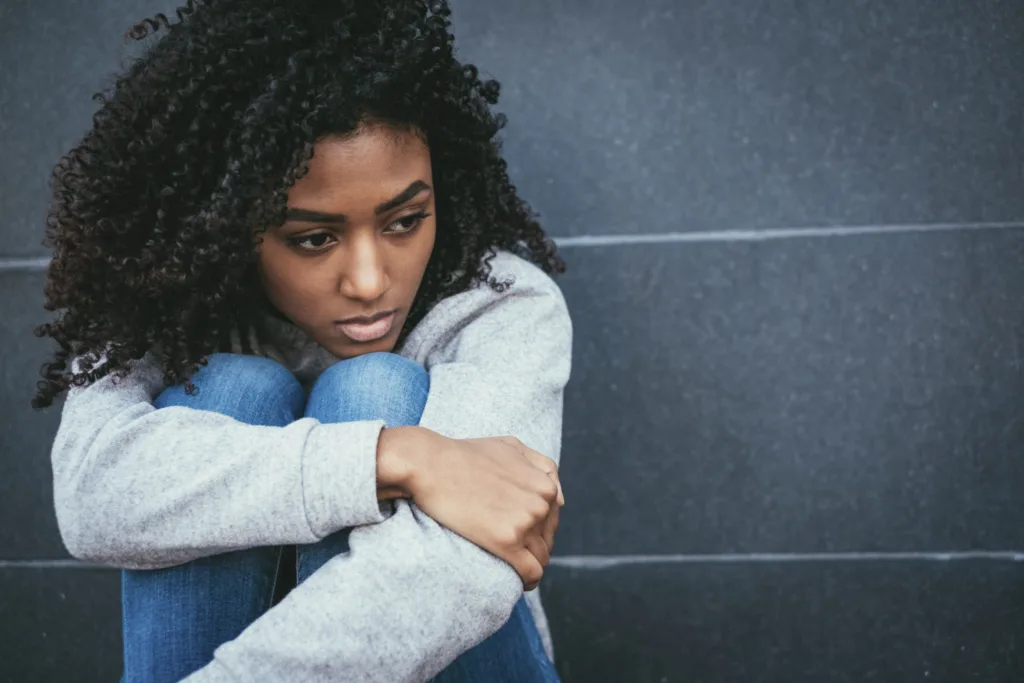For someone who has a loved one in recovery, relapse can be a person’s worst nightmare. Returning to drugs or alcohol can make sobriety seem out of reach and cause family and friends to lose hope, cut ties or give up.
Relapse is scary, but it’s not uncommon. In fact, the National Institute on Drug Abuse estimates that between 40 and 60 percent of those going through treatment for alcohol or drug addiction will relapse at some point. Some schools of thought consider relapse to be a part of the recovery process.
While relapse may occur during your loved one’s recovery journey, it doesn’t always happen. The right support can go a long way in preventing another relapse or decreasing the chance of a first relapse occurring.
How to prevent a relapse
When you’re considering relapse prevention techniques it can feel like you have little control. When a loved one falls back into substance abuse it’s never your fault, but there are ways you can build up support and encourage your loved one through tough triggers and emotional pain.
1. Do your homework
The more you understand the science behind tolerance and dependence, the better equipped you’ll be to help your loved one throughout the long-term process of recovery. Read up on the chemicals that are affected by drugs and alcohol, statistics on abuse and relapse prevention techniques.
2. Learn the warning signs of relapse
In addition to learning about the science of drug addiction, you’ll want to be familiar with the basic signs of relapse. Sometimes all it takes to stop a relapse in its tracks is an outside perspective on when stress is building and triggers are just around the corner. Look out for these tell-tale relapse signs.
- Emotional relapse (stress, anxiety, moodiness, depression, loneliness, hopelessness, etc)
- Struggling to control thoughts about drug and alcohol use
- Looking for ways to obtain substances
- Making excuses or justifying the idea of future substance use
- Sneaking around
- Thinking it’s ok to celebrate a milestone by only using a small amount of the drug
- Having cravings and not trying to minimize them
- Glorifying past substance use
These are some of the most common relapse warning signs, although there are many others. Even if your friend or family member’s behavior doesn’t match the above list, let your intuition guide you when something feels off.
3. Bring relapse behavior to your loved one’s attention
When you notice these relapse warning signs, it’s important to call your loved one’s attention to the specific behavior. Explain what you notice and express your concern that a relapse could be looming. This will show your loved one that you can and are holding them accountable.
4. Encourage self care
When someone is in the throes of an addiction, it’s easy to let self care including personal hygiene, exercise, healthy eating and regular sleep fall by the wayside. Help your loved one reincorporate these activities into a daily schedule so they can look and feel their best, making it less appealing to return to drug abuse.
5. Join a support group
Taking care of someone who is faced with an addiction can take an emotional toll to the point where it breaks a relationship. One of the best ways you can engage in the recovery process and relapse prevention is to keep that bond strong and stay involved in your loved one’s life. To do that, it may be helpful to join a support group yourself or seek counseling.
6. Seek professional help
When your loved one is facing the hardest days of addiction or recovery, it can be emotionally taxing to know how to best help them. The good news is that you don’t have to play a guessing game as to what will help and what will stall sobriety. Professional care can help your loved one avoid relapse from the very first day of treatment.
Rehab After Work offers outpatient drug and alcohol rehab on a flexible and convenient schedule. Get help now for your friend or family member. Compassionate care and evidence-based treatment is the best method of relapse prevention you can give to your loved one.






